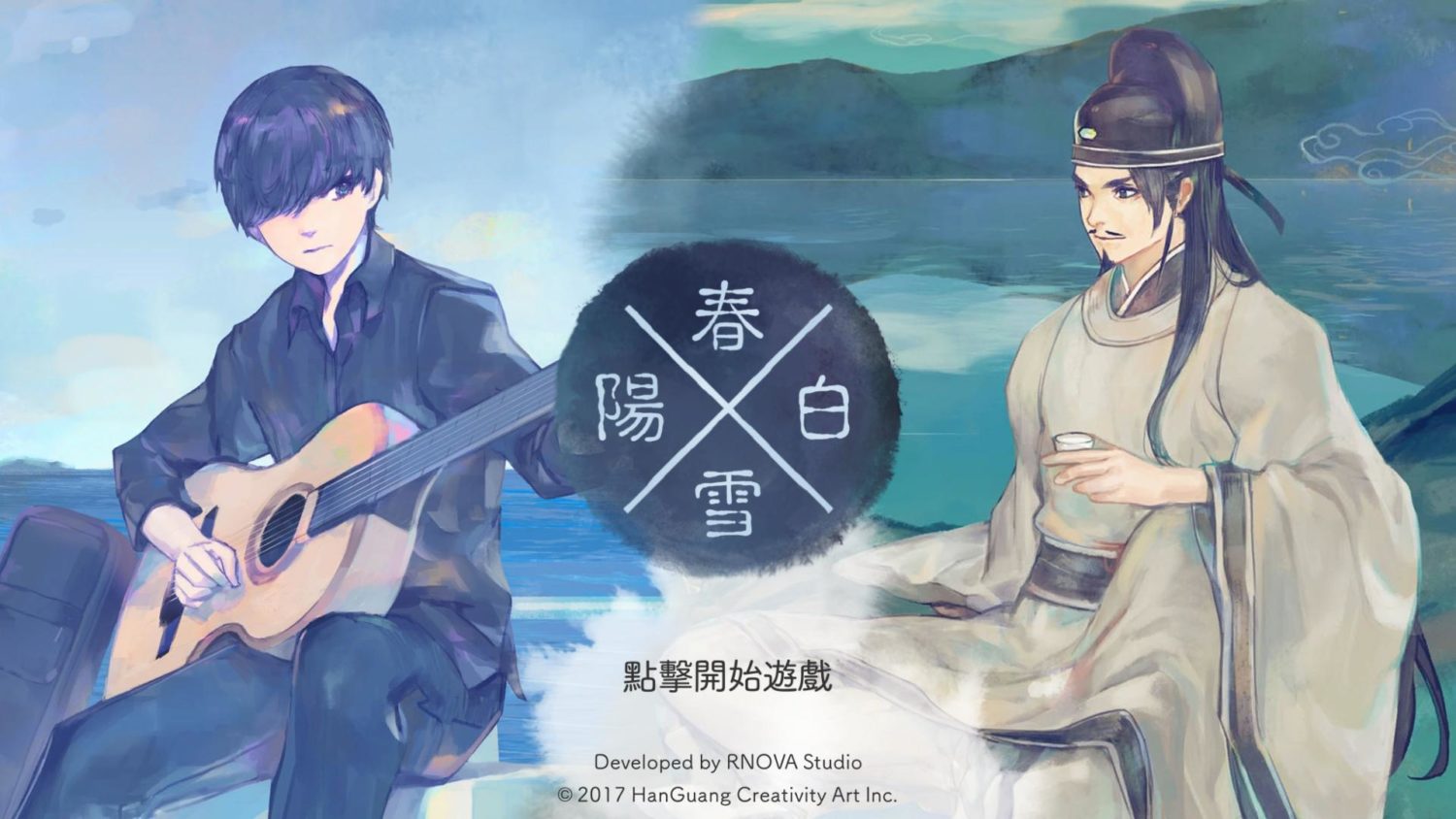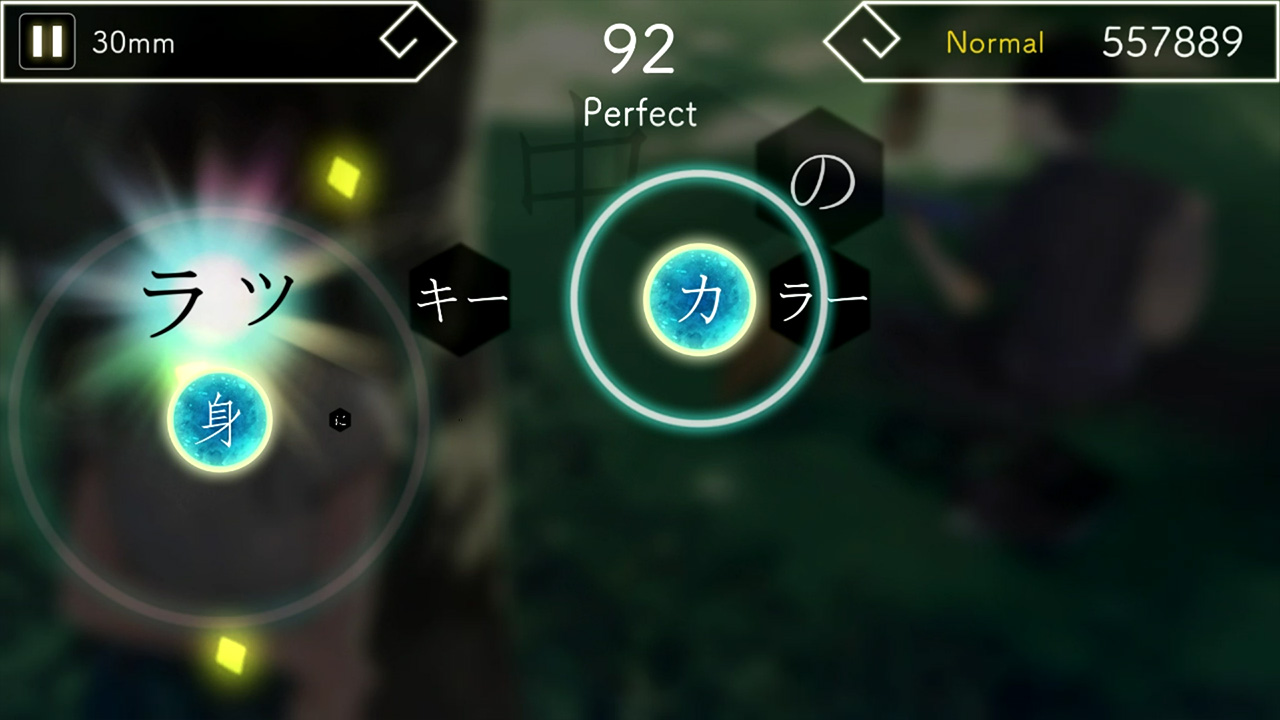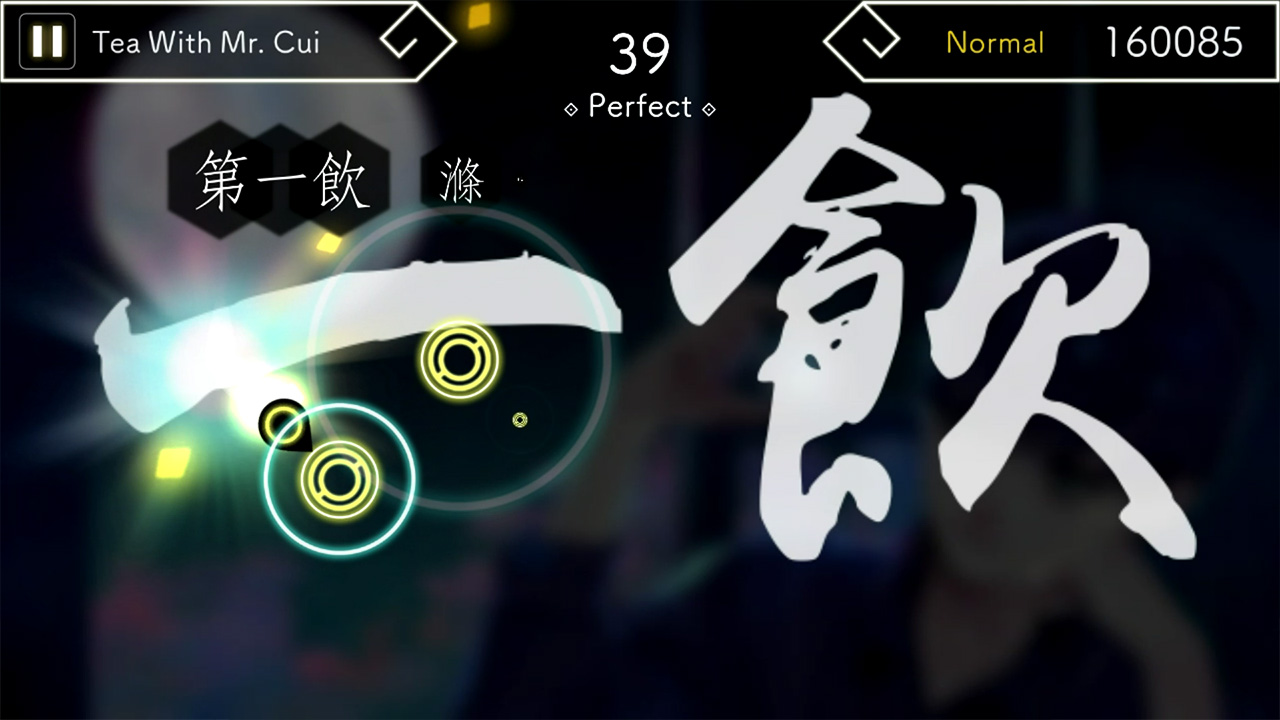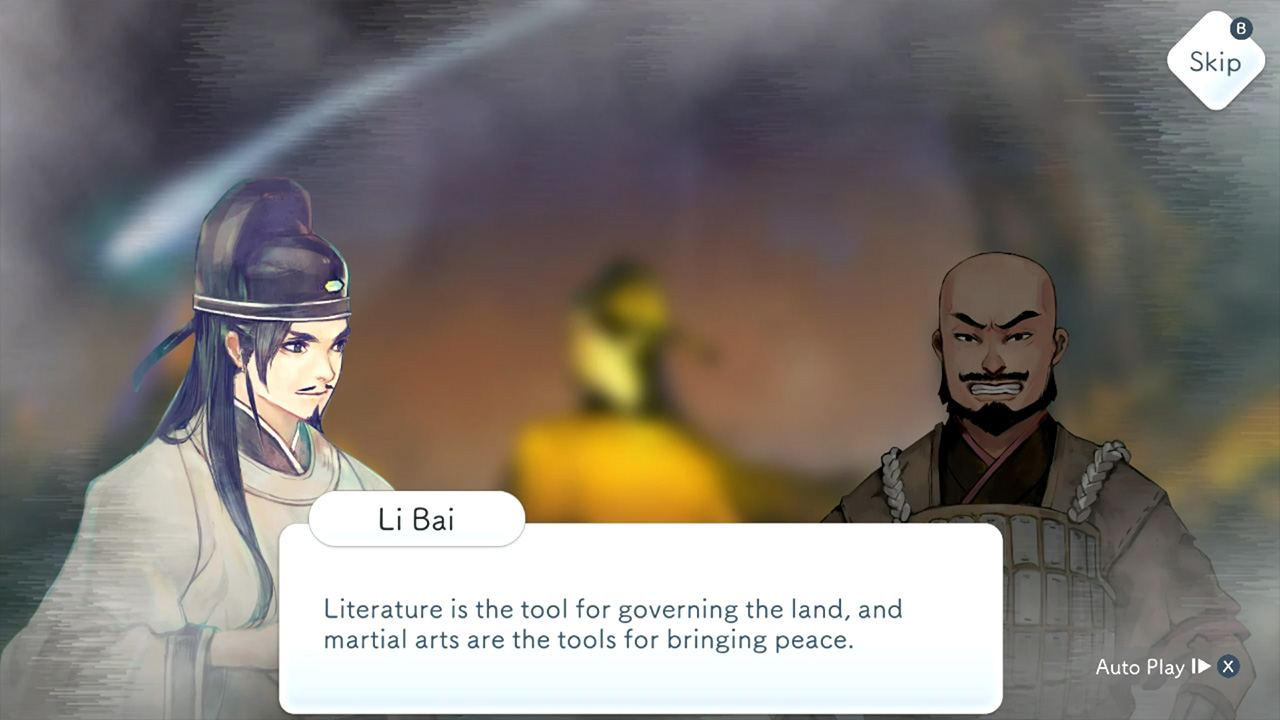Rhythm games often use a specific gimmick to help separate themselves from the competition. This can be a franchise tie-in, a bonkers storyline, a focused song selection, etc. With Lyrica—now available for the Nintendo Switch—developer RNOVA Studio has chosen Chinese poetry.
If that sounds like something you’re not likely to get into, let alone understand, don’t turn away just yet. This theme is more for providing ambiance and visual flair than for helping you develop an appreciation for world literature. At its heart, Lyrica is still all about tapping, swiping and holding to the beat of the music.
Upon launching Lyrica you’re thrown into a quick tutorial that’s more difficult than the game itself. It doesn’t ease you into the controls, it tosses them at you with a fury that’ll make newcomers think they don’t have a chance. Once you learn the system, however, you can adjust your difficulty and start to have fun. The modes range from easy, one-finger affairs to bullet-hell intensities that are more about memorization than your ability to keep a beat.
No matter at what difficulty you play, you’re ranked as you move along. Getting more “perfects” yields higher rewards. Judging by the number of perfects I received, Lyricia is either very forgiving or confused about the meaning of the word. Perhaps that’s a good thing, as it encourages you to keep playing as opposed to cutting you off to remind you you’re that person who claps on 1 and 3 at concerts.
Of course, this being a rhythm game, you can only play it on the Switch in portable mode since you’ll need access to the touchscreen. You’ll also want to remove the Joy-Con, as they’ll prevent you from reaching your thumbs to the designated areas. These tap points are wonderfully animated throughout the game, and you’re not only given the usual collapsing rings that tell you when to tap, but also moving indicators that direct where to tap before the rings even appear. Add in the “poetry”—which is presented via Chinese characters displayed on the screen—and you get a sort of visual ballet that manages to be neither garish nor disruptive.
The music behind all of this is your typical mixture of fast rock, ballads, jazz and techno. The difference is that it’s all pulled from China—with some Taiwanese and Japanese influences mixed in—and used to accentuate the literature that you’re not going to understand unless you read Chinese. So, although the theme is tightly integrated, the meaning of it all will be lost on most of us.
There are a couple of reasons, however, why this approach will still work for some players. First, if you’re like me, you don’t enjoy playing rhythm games if you don’t enjoy the song selection. By providing music I’ve never heard, I didn’t enter any levels with preconceived notions (I’ve skipped levels in other games simply because I hated the song…I’m that guy). More importantly, even if Chinese poetry is lost on you, Lyrica contains a story mode that unlocks as you progress. This is translated and presents a mixture of modern fiction and Chinese history that gives you a reason to keep moving forward.
After the story’s finished you can continue to unlock achievements by completing challenges at various difficulties, increasing the game’s longevity.
Review: Lyrica (Nintendo Switch)
Fair
Lyrica comes together quite well in presentation and gameplay, but it’s going to have a limited audience by design. The theme—although interesting—doesn’t lend itself to the type of frenetic fun conveyed through most other rhythm games. Also, rhythm games on the Switch require portable play and (ideally) a pair of headphones, limiting their accessibility. If you’re used to that, Lyrica is a unique entry in the genre. If not, there are others out there that will likely hold your attention longer and at a lower price point.






May 1, 2019
[…] Lyrica […]